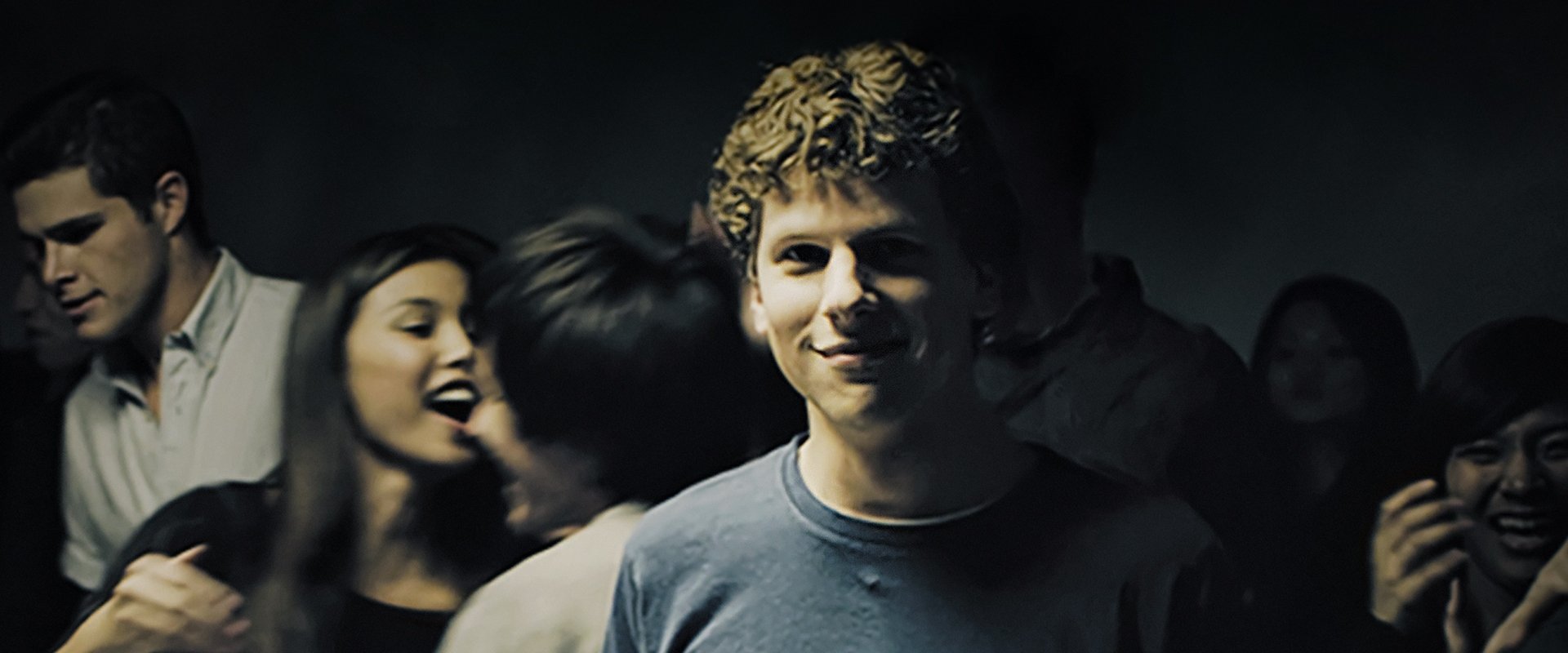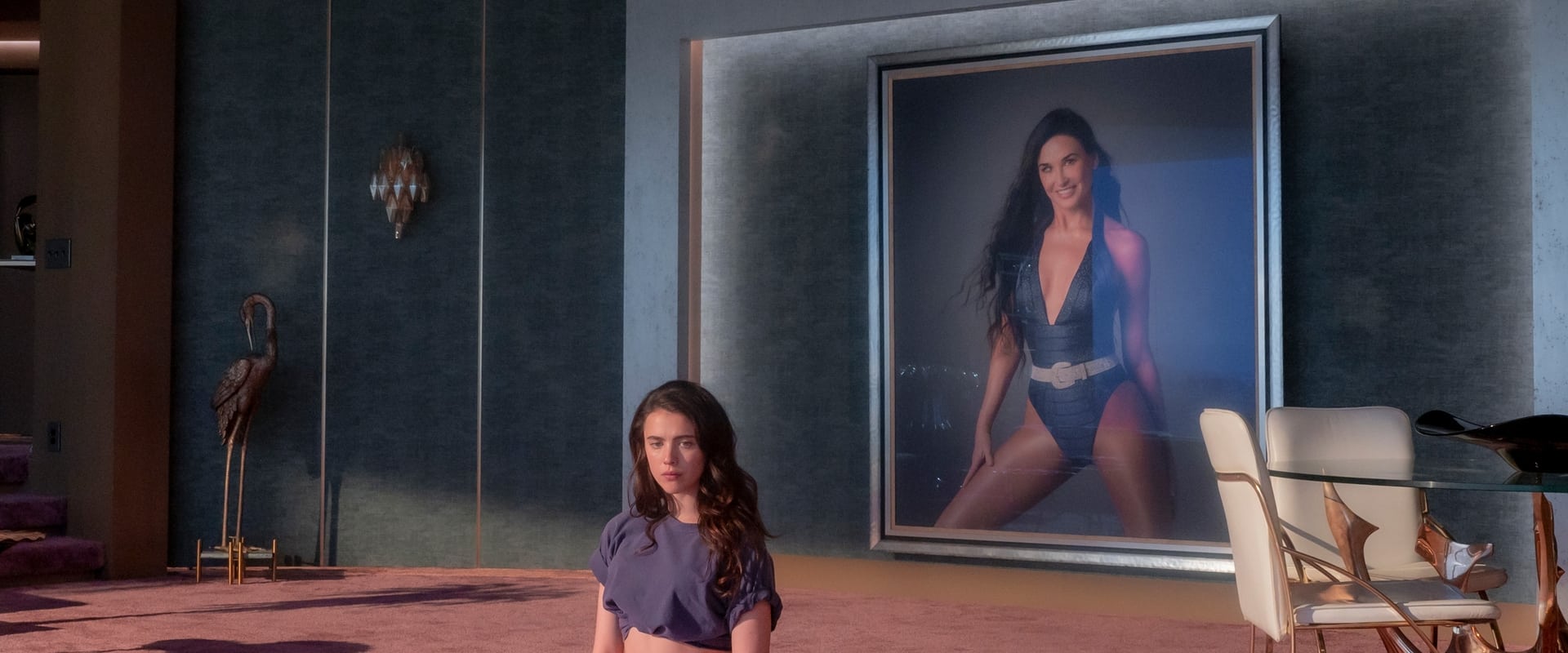Is there any scene in “The Social Network” that isn’t about performance? Not just Eisenberg’s brittle, arms-folded, owl-eyed Mark Zuckerberg, a man so locked in his own circuitry he might as well be the world’s first AI pod person, but the entire film, with Aaron Sorkin’s words snapping like the coldest branch on a Cambridge winter, and Fincher’s camera gliding, unsmiling, over the asphalt and brains of Harvard. Everyone’s playing at something: friendship, genius, vengeance, American myth, and, inevitably, wealth. And the show they put on, fifteen years later, still fascinates, even as the history recedes into legend and legend ossifies into yet another “origin story” for the streaming age.
Watching “The Social Network” now, long after Facebook’s founding became a kind of secular Genesis for the twenty-first century, before we grasped the many curses encoded in that forbidden fruit, the thing that still startles is how entertaining it all is. Wait, am I really gripped by privileged eggheads fretting in conference rooms? How did this movie make impassive depositions pulse like courtroom dance numbers? Sorkin’s dialogue is cocaine, straight to the brain’s pleasure center, though with a quicker comedown. (If you find yourself replaying the opening scene over and over, you’re not alone. That’s how addiction works. “You’re going to go through life thinking girls don’t like you because you’re a nerd,” Rooney Mara’s Erica tells Mark, before pausing to deliver the kill shot, “but it’s because you’re an asshole.” You laugh, but you’re already infected.)
Fincher, ever the watchmaker, keeps everything moving at a brisk, slightly neurotic clip, not a wasted movement, not a bead of sweat. The structure is nearly too neat, those flash-forwards and flashbacks like the double helix of memory and testimony, always winding tighter, never quite allowing the air in. If ever there were a movie about the cold calculations behind the friendly blue interface, this is it. It’s all surface: polished, brilliant, and a little repellent. But what a surface! If the code Zuckerberg writes is ugly and impersonal (he literally begins by drunkenly rating the “hotness” of women), Sorkin’s code, his dialogue, shimmers. You hardly remember you’re watching lawsuits, that most cinematic of events only if one’s definition of cinema is endless paperwork and shredded friendships.
Jesse Eisenberg turns Zuckerberg into a fist of anxiety, his lips curled in defensive sarcasm, his every phrase honed to a cutting edge. He may not look or sound like the real Zuckerberg, to judge from Silicon Valley’s ongoing parade of awkward testimonies, the true Mark would be more plausibly played by HAL 9000. But Eisenberg gives us something the real world never could: a witty bastard you can’t look away from, or quite hate. He’s not a villain so much as a negative space, the black hole at the center of a digital galaxy.
Andrew Garfield’s Eduardo Saverin is the soul of the film, or maybe its faint memory of a soul, constantly on the verge of tears or business-school triumph, never quite sure which. When Garfield gets his heart broken (and his share holdings annihilated), Fincher isn’t sentimental, but you feel the knife. Timberlake’s Sean Parker slithers through the script like a daemon out of a '90s fever dream, all vision and vipers: he’s rehearsing for the world to come, where charisma beats loyalty and scale goes “global” in an instant. The Winklevii, of course, Armie Hammer’s pitch-perfect prep-atory performance multiplied by digital magic are Greek statues with a grievance, human monuments to the old world order about to be looted by a hoodie and a laptop.
To wring pathos and excitement from a boardroom betrayal, now that’s a magician’s trick. Would Facebook have triumphed under a gentler, more collegiate hand? The movie toys with this, but Sorkin and Fincher are cynics in the grand tradition: history is made by the bold (sometimes the assholes), and the traitor in your camp may just be your ticket to immortality. There’s no judgment here, just an acceptance, almost amused, of the way power flows through petty slights and back-stabbing maneuvers. It’s a movie about the end of friendship, staged by people who make isolation look perversely inviting.
Is the whole thing true? Less than “Citizen Kane,” more than “The Greatest Showman” but who’s counting? It’s certainly not the facts that make “The Social Network” feel definitive; it’s the tension, the pulse, and paradoxically, the distance. We never get close enough to anyone for the movie to really mean it. And perhaps that’s the point. For Fincher, emotion is something to be observed through glass. For Sorkin, emotion is language: you never feel anything unless someone says it, brilliantly, devastatingly, cruelly.
Fifteen years on, what’s most prescient isn’t the technology (who uses Facebook now anyway? We’re all doomscrolling elsewhere), but the feeling of a new age closing in, as cold and inevitable as a winter night in Cambridge. It’s a film obsessed with beginnings, but more haunted by what’s lost: friendship, decency, privacy, maybe even meaning. Sorkin’s script may have been chosen as the third-greatest of the century, and that feels right. It’s all talk, but my God, it sings.
There’s a moment, at the end, when Zuckerberg sits alone and refreshes a Facebook page, waiting for a response that will never come. It’s his kingdom and he’s utterly, perfectly alone. The internet’s ur-fable, born of longing, envy, and betrayal, finishes not with a bang but a shallow digital sigh. That’s business, that’s America, and now that’s history. Who says our myths can’t be as brutal as any Greek tragedy?


